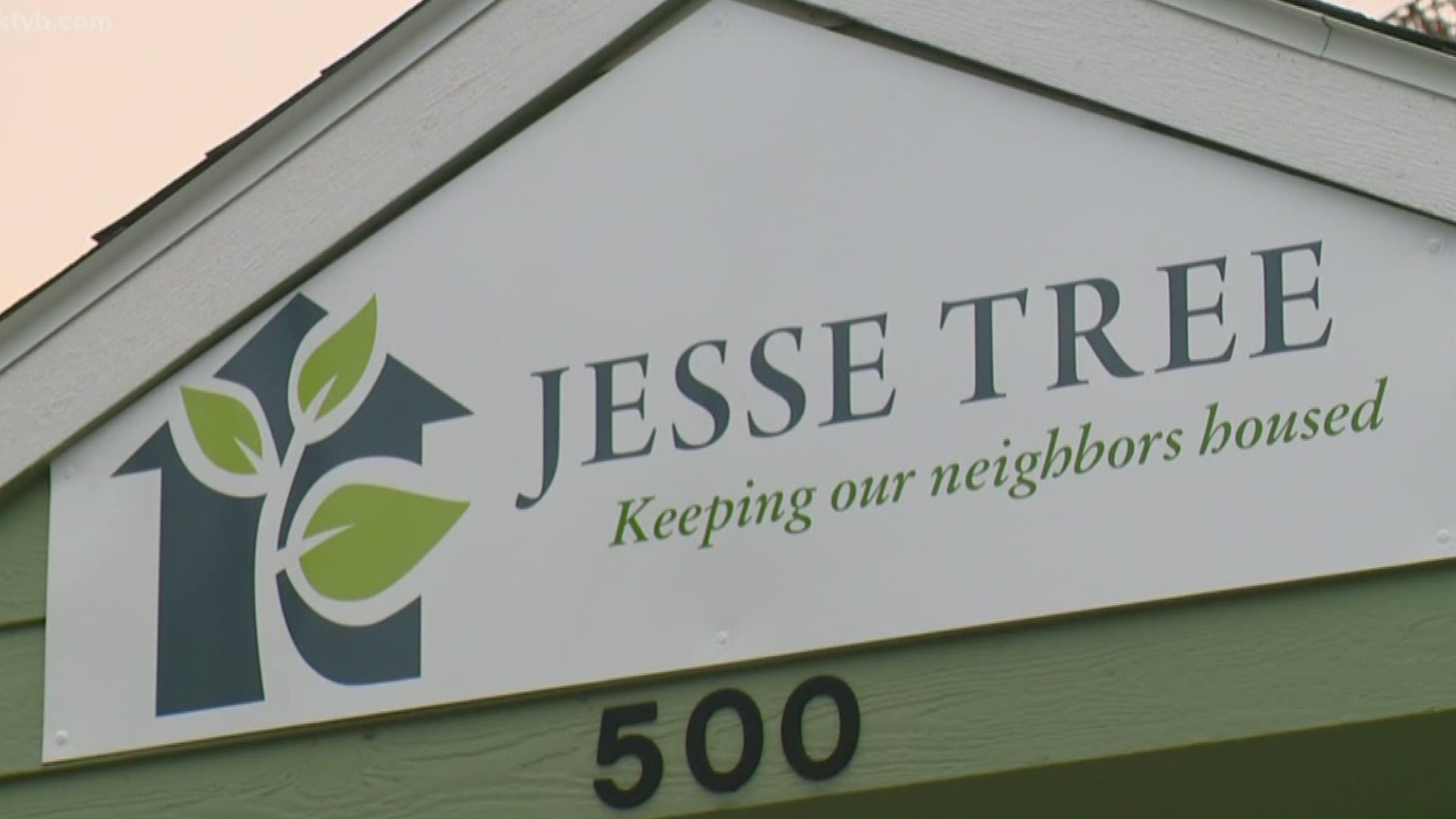BOISE, Idaho — Evictions for non-payment of rent were halted until April 15 by a recent order from the Idaho Supreme Court, but this does not mean the process has been completely stopped statewide.
The March 26 court order postpones any non-emergency court hearings due to public safety concerns regarding COVID-19. Under the order, only drug-related eviction hearings can be held. However, this does not stop evictions from being filed by landlords to be held later.
Ada County Administrative District Judge Melissa Moody said evictions that were filed prior to the order are still being put on the calendar, but they are being rescheduled to a later date. She said it is unclear what the Idaho Supreme Court will do on April 15 when cases are authorized to begin again. Moody said it is unclear if the court will extend the order or if court hearings will return to normal.
“Your guess is as good as mine,” she said.
Eviction prevention nonprofit Jesse Tree’s Executive Director Ali Rabe said the current order does not mean tenants should stop paying their rent, because evictions can still be filed, even if tenants cannot be removed from their homes right away. She is concerned that without an outright moratorium from Gov. Brad Little, landlords will continue to file evictions, the backlog will continue to stack up and be detrimental to low-income Idahoans in the long term.
“Filings do show up on tenants records, not quite like an eviction judgement, which ruins their credit score, but it does show up on tenants records and it’s creating a backlog,” she said. “Essentially all of these filings are piling up and whenever this moratorium is lifted, then what happens?”
Statewide, judges and court systems are implementing the court order differently. In Ada County, Judge Christopher Bieter issued a letter outlining his strategy for eviction court under the order. He said the plan is to reschedule hearings for May, unless the order is extended, but any landlord who would like to request their eviction be determined an emergency can submit an affidavit explaining the situation along with the eviction filing for him to consider.
When asked to clarify what could possibly constitute an emergency eviction, Moody did not say.
“I’m not trying to be evasive, but it’s a case-by-case determination, because that’s why Judge Bieter would need to look at it and say if this case is an emergency,” she said.
On Thursday, seven eviction hearings were on the calendar for rescheduling. Bieter’s letter, including instructions for how to schedule a mediation, went out to all attorneys who practice in eviction court, but this information might not have reached tenants. The original letter also directed anyone interested in mediation to call a phone number that has disconnected, but corrections to the letter were later sent out.
Rabe said tenants being evicted are often unrepresented by lawyers due to the short turnaround time of eviction proceedings as well as the cost of hiring legal assistance. Tenants are also difficult to reach and inform about the process during normal times, because little to no contact information about the tenant is required to be included with the court paperwork.
“We’ve been trying to get to a place where we can reach out to all of the tenants going to court ahead of time and try to help them out,” Rabe said. “This was a problem before, and now it’s even more of a problem because the court had all of these hearings scheduled, but they had no way to contact them and tell them they were still being held and they were expected to call the clerk’s office.”
Jesse Tree often gets roughly 10 calls per day seeking assistance, but Rabe said this number has now risen to roughly 30 to 40 due to the COVID-19 pandemic. She encouraged landlords and tenants to talk about their situations, instead of turning to the courts to sort out disputes.
“What we’re telling landlords and tenants is to just communicate,” she said. “Talk to each other, and if you need mediation services you can reach out to the court for those or you can reach out to nonprofits and find a mediator out in the community.”
If you enjoy reading articles like this one from our partners at the Idaho Press, please consider subscribing to them for newspaper delivery or digital access to help ensure stories like this are told.
More from our partners at The Idaho Press: Shining a light: Mutual Aid Group founders share drive to help
At KTVB, we’re focusing our news coverage on the facts and not the fear around the virus. To see our full coverage, visit our coronavirus section, here: www.ktvb.com/coronavirus
Facts not fear: More on coronavirus
See our latest updates in our YouTube playlist:

